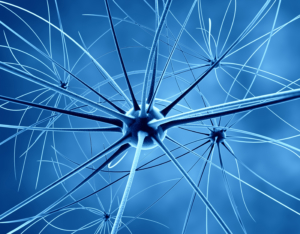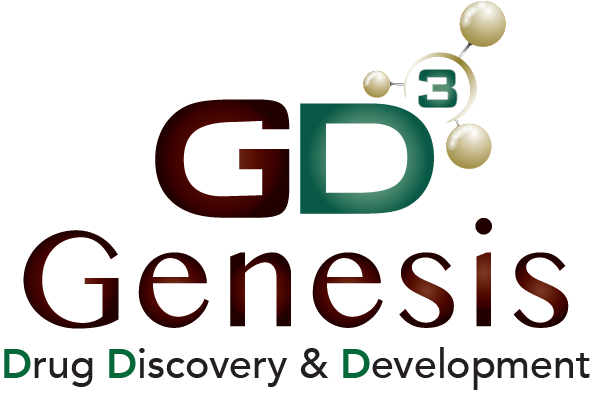
Specialized, Customized or Surgical CNS Pharmacology
Central Nervous System:
CBI offers a variety of customized, investigative, and specialized surgical CNS pharmacology and efficacy models. These studies maybe hypothesis-driven or requested by regulators, and may require specialized or unusual techniques or methods. If you have a specialized CNS study requirement, our skilled scientists can facilitate the protocol development as well as the conduct of these novel, difficult and specialized projects
CBI welcomes the opportunity to develop new customized studies and efficacy models. The following are some examples of specialized surgical efficacy and toxicology studies that we can successfully conducted. We will help you design your next unique custom surgical study! Some of our more esoteric capabilities include:
CNS Toxicology and Pharmacokinetics:
Toxicology studies involving the CNS are often complex and may include efficacy components, for example evaluating the toxicity of a test article in the presence of the disease indication, such as Parkinson’s Disease or muscular sclerosis. Routes of administration can be unusual-in addition to the standard IV, IM, oral routes, some CNS drugs require direct infusion into the spinal cord or brain. This makes the toxicology study much more complex than a simple toxicology dosing study.
- GLP and NonGLP CNS toxicity and efficacy-toxicology studies with cellular therapies, stem cells, biologics, viruses, small molecules, devices, others
In addition to standard assessments, CNS behavioral tests, pcr, Elisas, immunohistochemistry
- Pharmacokinetic and toxicokinetic assessments of CSF and CNS tissues
- Blood and CNS tissues
- CSF from lateral ventricles or cisterna magna
- Peri-lymph from cochlea
- Stereotaxic dosing or sample collection
- Intraventicular dosing
Combination efficacy and toxicology studies centered on the CNS.
Examples include:
- Anesthesia-induced cerebral toxicity in neonates – please review our publication
- Intracerebral or intraspinal oncology, implantation of intracerebral tumors and treatments
- Intrathecal, intracerebral, intracisternal and intraventicular dosing studies in small animals and dogs – please review our publication
- Meningeal, dural and skull trauma with repair and patching
- Stereotaxic administration dosing studies-ex 6OHDA for Parkinson’s, or tumor treatment
- CNS inflammation or demyelination
- Stent and vascular device deployment
- Combination stem cell and device toxicity and efficacy studies
- Spinal cord and brain injury and contusion models
CNS Efficacy Studies
CBI offers a wide variety of CNS efficacy or pharmacology studies to assess test article efficacy or explore mechanisms of action in out bred or genetically modified animals.
- OHDA or MPTP Induced Parkinson’s Disease
Anesthesia or ketamine-induced cerebral toxicity in neonates – please review our publication
- Intracerebral or intraspinal oncology, implantation of intracerebral tumors and treatments
- Intrathecal, intracerebral and intraventicular dosing studies in small animals and dogs – please review our publication
- Meningeal, dural and skull trauma including repair and patching
CNS inflammation or demyelination: Experimental Allergic Encephalitis, cuprizone-induced demyelination, myasthenia gravis, Alzheimer’s Disease
- Stent, vascular device or cerebral device deployment
- Combination stem cell and device toxicity and efficacy studies
- Spinal cord and brain injury and contusion models
CNS Laboratory Capabilities
CBI’s laboratory has a wide variety of CNS capabilities including:
- Behavioral evaluations
- Stereotaxic surgery
- Histopathology, immunohistochemistry, immunofluorescence
- IHC staining for human cells
- Histomorphometry
- PCR, ELISA, bioanalytical, flow cytometry
Histopathology Laboratory
We offer a wide variety of CNS oriented histopathology:
- Routine Histopathology
- Paraffin and frozen tissues
- Electron microscopy and plastic sections
- Special staining: Toluidine blue, PAS, Trichrome,
- Immunohistochemistry
- Pompe’s disease and other glycogen storage disease
- EAE and other immune mediated tissues
- Demyelination
- Necrosis, cell death, inflammation
- Astroglia, glia, microglia
- Tyrosine hydroxylase
- Human cell markers-STEM 121, human nucleoli
- Pathology assessments
- Experienced ACVP board certified veterinary pathology and immunhistopathologist
- Complete reports
- Histomorphometry
Call us for more information on CNS or contact us Today!
Contact: Aditya Saxena
Phone: 408-738-9260 ext 118.


